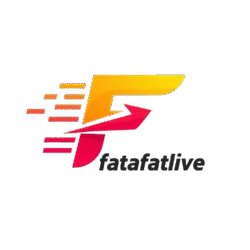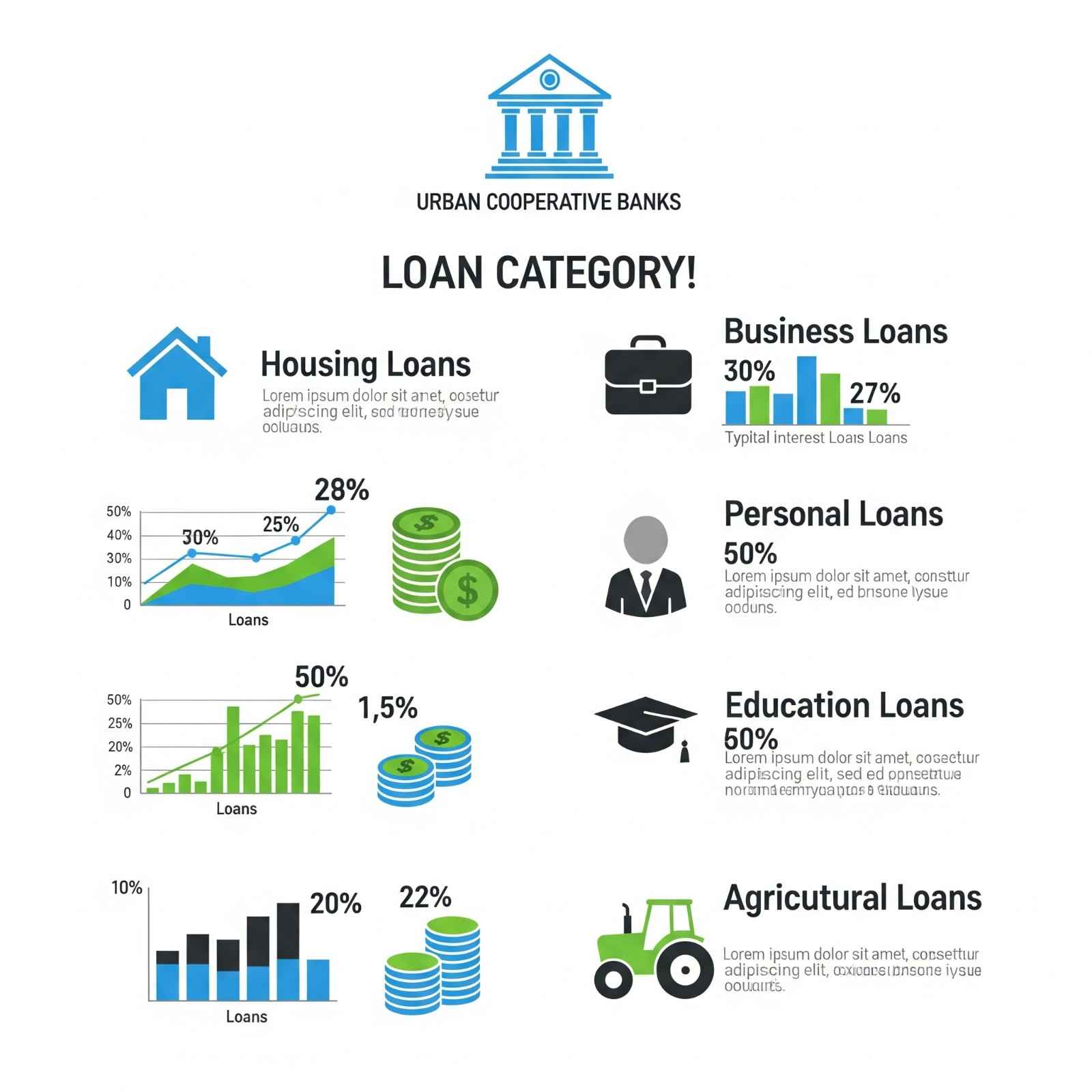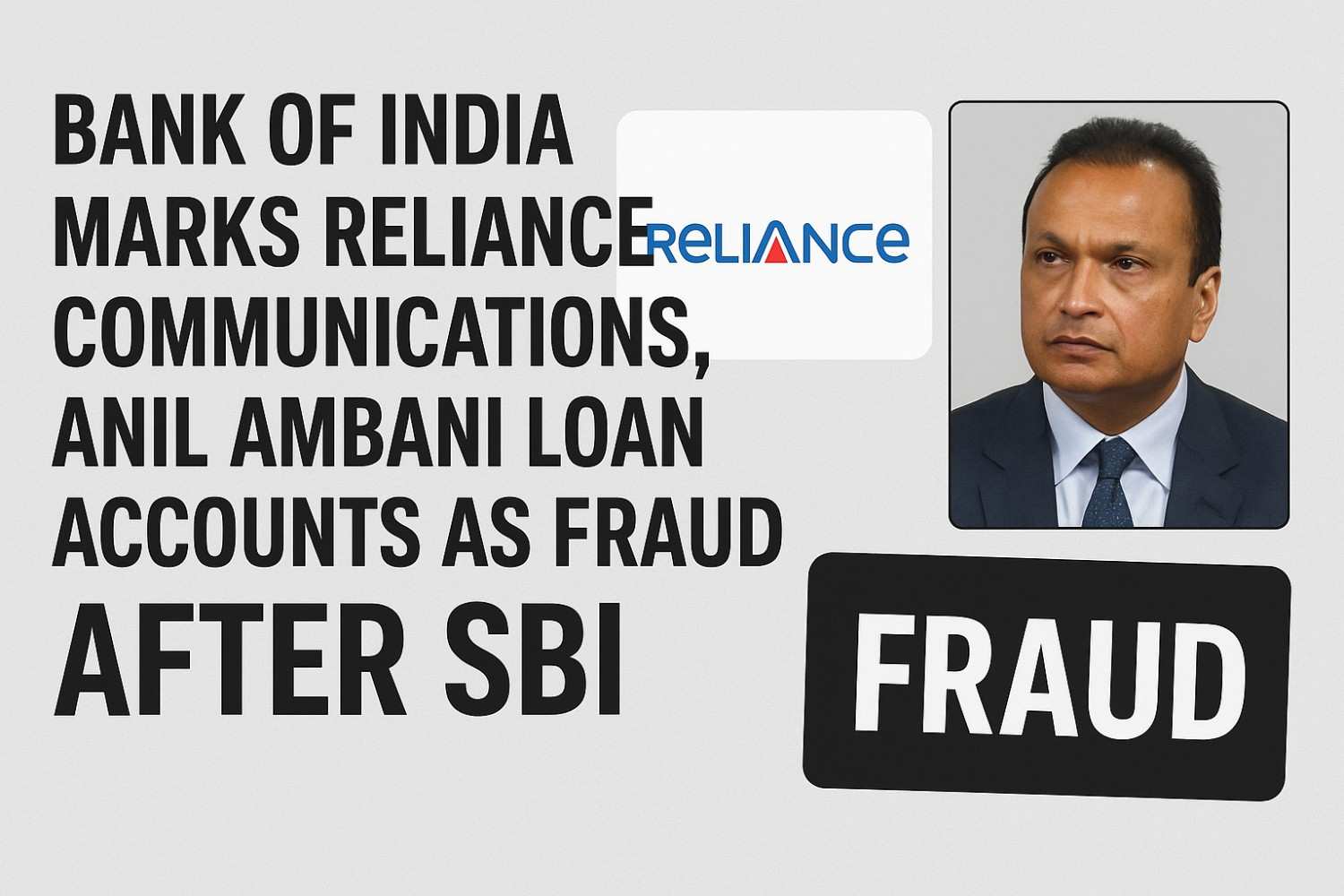Urban Cooperative Banks (UCBs) are vital pillars of the Indian financial landscape, deeply rooted in local communities to serve the banking and credit needs of individuals, small businesses, and professionals in urban and semi-urban areas. Known for their community-centric approach and often personalized service, UCBs offer a diverse range of loan products that can be a viable alternative to large commercial banks.
If you’re looking to secure financing, understanding the offerings of UCBs, their typical terms, and the application process can help you make an informed decision. This guide provides a comprehensive overview of common loan types available from Urban Cooperative Banks.
Table of Contents
Key Advantages of Opting for an Urban Cooperative Bank Loan
Before diving into the specifics, it’s worth noting why many borrowers choose UCBs:
- Community Focus: UCBs often have a strong local presence and understanding of the specific needs of the community they serve.
- Personalized Service: Compared to larger banks, UCBs frequently offer more personalized attention and a less bureaucratic loan application process, especially for existing members.
- Competitive Interest Rates: For certain loan products, UCBs can offer competitive interest rates, particularly for members.
- Flexible Documentation: For smaller loan amounts or for long-standing members, the documentation process can sometimes be more flexible.
- Financial Inclusion: They play a significant role in providing credit to segments that might find it harder to access loans from commercial banks.
Urban Cooperative Bank Loan Chart: Indicative Overview
The interest rates, tenures, and eligibility criteria can vary significantly from one Urban Cooperative Bank to another, as they operate independently within RBI guidelines and their own internal policies. The chart below provides a representative guide based on common market offerings. It is highly recommended to contact your local UCB branch directly for the most accurate and up-to-date information.
| Loan Type | Typical Interest Rate (Approx. Annual) | Max. Tenure (Approx.) | Key Eligibility Criteria (General) | Primary Purpose |
| Home Loan | 9.00% – 13.50% | Up to 20-30 years | Salaried/Self-employed; Age 18-70; Stable income; Good credit score. | Purchase/Construction/Renovation of Residential Property |
| Personal Loan | 12.00% – 19.00% | Up to 3-5 years | Salaried/Self-employed/Professionals; Age 18-60; Minimum monthly income. | Marriages, Medical emergencies, Debt consolidation, Consumer durables |
| Business Loan | 10.00% – 14.00% | Up to 7-10 years (Term) | Traders/SMEs/Professionals; Business vintage; Turnover criteria; Collateral often needed. | Working Capital, Business Expansion, Equipment Purchase |
| Vehicle Loan | 10.00% – 18.00% | Up to 5-7 years | Salaried/Self-employed; Age 18-70; Stable income; New/Used Vehicle purchase. | Purchase of Two-wheelers or Four-wheelers |
| Education Loan | 9.75% – 15.00% | Up to 5-7 years (post-moratorium) | Student (Indian national, admission in recognized institute); Co-applicant (Parent/Guardian). | Higher education in India or Abroad |
| Gold Loan | 8.00% – 10.90% | Up to 1 year | Individual; Owner of gold ornaments/jewellery. | Quick liquidity for emergencies or short-term needs |
| Loan Against Property (LAP) | 11.50% – 14.00% | Up to 10-15 years | Individual/Firm/Company; Owner of clear-titled residential/commercial property. | Business expansion, Marriage, Education, Medical, etc. |
Export to Sheets
Note: Interest rates are indicative and can vary based on the borrower’s credit score, loan amount, tenure, security offered, and the specific bank’s internal policies. It is essential to confirm the exact rates and terms with the respective Urban Cooperative Bank.
General Eligibility Criteria for UCB Loans
While specific criteria differ by loan type and bank, common requirements generally include:
- Age: Usually between 18 to 70 years (may vary for certain loans, e.g., upper limit for salaried).
- Nationality: Indian Resident.
- Income Source: Salaried individuals with stable employment (often minimum 1-3 years of service), self-employed professionals, or business owners with consistent income. Minimum income thresholds apply, and net take-home pay requirements are common (e.g., minimum 50% of gross income after EMI).
- Credit Score: A healthy CIBIL score or other credit bureau score is often preferred, reflecting responsible repayment behavior.
- Membership: Many UCBs require the borrower to be a nominal or full member of the bank, often by purchasing a small number of shares (e.g., 2.5% to 5.0% of the loan limit).
- Guarantors: Depending on the loan amount and type (especially for unsecured or higher amounts), 1-3 personal sureties/guarantors acceptable to the bank may be required.
Essential Documents Required
The documentation process for UCBs is generally streamlined, though it depends on the loan type and the bank’s policies. Common documents typically include:
- KYC (Know Your Customer) Documents:
- Proof of Identity: PAN Card, Aadhaar Card, Passport, Voter ID, Driving License.
- Proof of Address: Aadhaar Card, Passport, Utility Bills (Electricity, Water, Gas), Rent Agreement.
- Income Proof:
- For Salaried Individuals: Latest 3-6 months’ salary slips, Form 16, Income Tax Returns (ITR) for the last 1-3 years, Bank statements (salary account for last 6-12 months).
- For Self-Employed/Business Owners: ITR for the last 2-3 years, Audited Financials (Profit & Loss A/C and Balance Sheet), Business proof (e.g., Shop & Establishment Certificate, GST Registration), Bank statements (business account for last 6-12 months), Business profile.
- Loan-Specific Documents:
- Home Loan/LAP: Property documents (title deeds, sale agreement, approved building plans), valuation report from bank-approved valuer.
- Vehicle Loan: Proforma invoice/quotation from dealer, RTO documents after purchase.
- Education Loan: Admission letter from institute, fee structure, academic records of the student.
- Gold Loan: Gold ornaments/jewellery for pledge.
- Photographs: Recent passport-sized photographs of applicant(s) and guarantor(s).
- Guarantor Documents: If a guarantor is required, their KYC and income documents will also be needed.
The Application Process
Applying for a loan at an Urban Cooperative Bank typically involves these steps:
- Enquiry & Consultation: Visit your nearest UCB branch or their official website to inquire about the specific loan product. A loan officer will provide details and assess your preliminary eligibility.
- Application Form: Obtain and accurately fill out the loan application form.
- Document Submission: Submit all the required self-attested documents along with the application form.
- Verification & Assessment: The bank will conduct thorough verification of your submitted documents, income, and creditworthiness (through credit bureau checks like CIBIL). For secured loans, property/asset valuation and legal verification of documents will be conducted.
- Sanction & Disbursal: Upon successful verification and approval, the loan will be sanctioned. You will receive a sanction letter detailing the terms and conditions. Once you accept these, the funds will be disbursed to your account or directly to the vendor (e.g., builder, vehicle dealer, educational institution).
Considerations Before Applying
While UCBs offer numerous benefits, it’s also wise to consider certain aspects:
- Dual Control: UCBs operate under the dual control of the RBI and the Registrar of Cooperative Societies, which can sometimes lead to unique regulatory nuances compared to commercial banks.
- Technological Adoption: While many UCBs are rapidly adopting digital platforms, some might still lag behind large commercial banks in terms of advanced mobile banking, online loan applications, or widespread ATM networks.
- Scale and Reach: Their operational scale and branch network might be smaller, primarily concentrated in urban and semi-urban areas.
- Governance: While regulatory oversight has significantly strengthened, it’s always advisable to choose a well-governed and financially sound UCB.
In conclusion, Urban Cooperative Banks serve as accessible and often favorable financing options, particularly for those deeply embedded in local communities and looking for personalized banking experiences. By understanding their loan offerings, eligibility, and the nuances of their operations, borrowers can leverage UCBs to fulfill their financial aspirations effectively. Always engage directly with the bank to get the most precise information relevant to your specific needs.
What exactly is an Urban Cooperative Bank (UCB)?
An Urban Cooperative Bank (UCB) is a type of cooperative financial institution in India that operates in urban and semi-urban areas. It is registered under cooperative societies acts and is regulated by both the Reserve Bank of India (RBI) and the Registrar of Cooperative Societies of the respective state. They primarily serve the banking and credit needs of local communities, small businesses, and individuals.
What types of loans do UCBs typically offer?
UCBs offer a wide range of loan products, similar to commercial banks, though often tailored to their local customer base. Common types include Home Loans, Personal Loans, Business Loans (for SMEs), Vehicle Loans, Education Loans, Gold Loans, and Loans Against Property (LAP).
Are the interest rates on UCB loans different from those of large commercial banks?
Interest rates at UCBs can be competitive and sometimes even lower than commercial banks for certain loan products, especially for their members. However, rates vary significantly from one UCB to another based on their financial health, target segment, and prevailing market conditions. It’s always best to compare rates directly.
Do I need to be a member of the UCB to avail a loan?
Yes, in most Urban Cooperative Banks, it is a common requirement for borrowers to become a nominal or full member of the bank. This usually involves purchasing a small number of shares in the cooperative bank as part of the loan eligibility criteria.
What are the primary documents required to apply for a loan at a UCB?
Generally, you’ll need KYC documents (ID & address proof like Aadhaar, PAN), income proof (salary slips/ITR for salaried; ITR/audited financials for self-employed), and bank statements. For secured loans (like home loans or LAP), property documents are also essential. Specific loan types may require additional documents.




